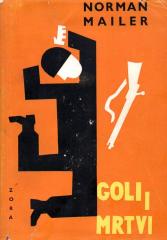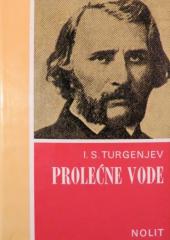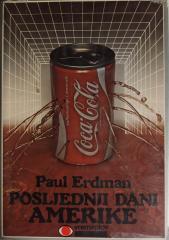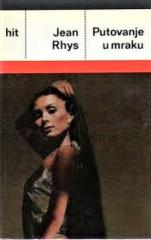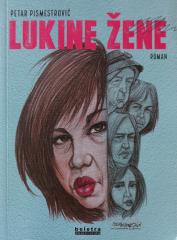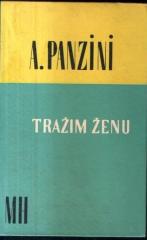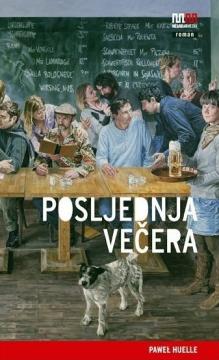
Posljednja večera
The action of the novel takes place during just one day in Gdańsk. The heroes of the novel are acquaintances who should arrive at the agreed time for a joint photo shoot, and according to the photo taken, their mutual friend will paint the Last Supper.
According to Przemysław Czapliński, a Polish literary critic, The Last Supper is Huelle's best novel written since the early 1990s, in which he shows a Poland where the rise of holiness leads to the rise of hatred. The fate of the characters also reflects the fate of an entire generation in Poland and reveals the relationship to religion and the background of the stereotypical image of Poland's firmly rooted practical religiosity.
In a satirical and grotesque tone, the novel by a contemporary Polish author associates the famous painting by Leonardo, and through it the famous New Testament motif of the Last Supper, but the story, set in the turbulent times of present-day Poland, has a whole series of layers that cut through established stereotypes about religiosity, about notions of sanctity and in general moral and ethical issues within a society that is faced with numerous challenges in the 21st century.
One copy is available
